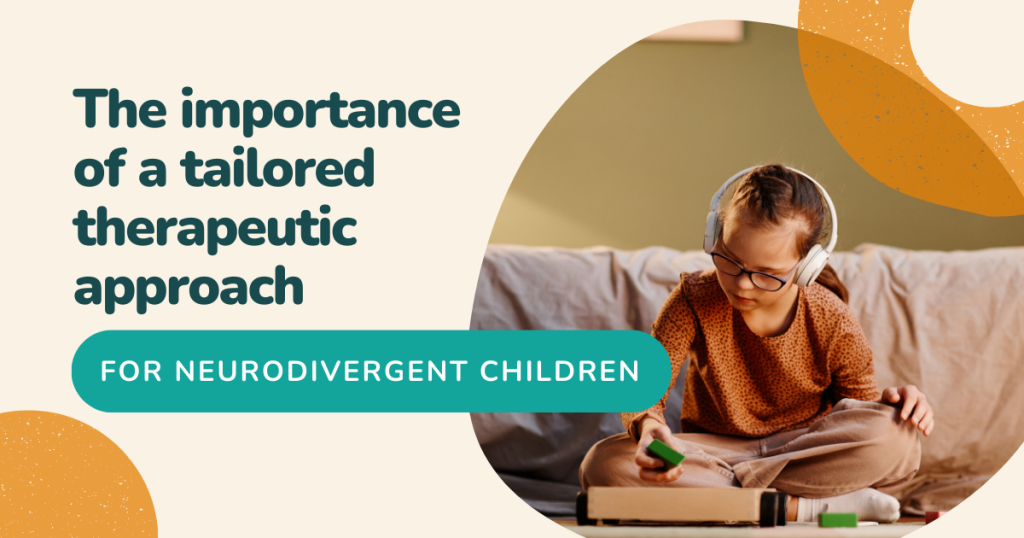
The Importance of Tailored Therapeutic Approaches for Neurodivergent Children
In day-to-day of foster care, the diversity of children’s needs is profound and varied. Among these needs, the spectrum of neurodiversity stands out as a significant consideration. Each child brings their own unique set of challenges and strengths, especially those who are neurodivergent.
Neurodiversity is the recognition that neurological differences, such as autism, ADHD, dyslexia, and other developmental variations, are natural and should be respected. Within foster care, these differences manifest in various ways, influencing how children perceive and interact with the world around them. It’s important to acknowledge and embrace neurodiversity to provide effective support for children.
Traditional foster care approaches often adopt a one-size-fits-all mentality, which can overlook the unique needs of neurodivergent children. This oversight can lead to frustration, misunderstandings, and exacerbation of underlying challenges, hindering the child’s progress and well-being. The expectation in society is often that children need to adapt to a neuro-typical world when actually the neuro-typical world needs to do more adapting towards children who are neuro-diverse and understand the uniqueness of their needs and creativity.
The Therapeutic Fostering Difference:
Flourish Fostering stands apart with our therapeutic model, which places a strong emphasis on personalised care. We recognise that each child is an individual with their own set of strengths, challenges, and needs. Our approach centres on tailoring interventions to address these specific requirements, creating a nurturing and predictable environment where neurodivergent children can thrive and be understood.
Foster parents play a pivotal role in implementing tailored therapeutic approaches within the home environment. Through education, training, and ongoing support, we empower foster parents to create a nurturing and supportive environment that meets the individual needs of neurodivergent children.
The impact of tailored therapeutic approaches can be profound, as evidenced by the success stories of neurodivergent children in our therapeutic family environments. From significant milestones to personal achievements, these stories highlight the transformative power of personalised and therapeutic care in fostering.
Effective care for neurodivergent children requires collaboration among various people in the child’s network including therapists, educators, and foster parents. Flourish Fostering facilitates multidisciplinary collaboration to ensure that children receive comprehensive care that addresses all aspects of their well-being.
To learn more about what makes Flourish different, and to read some of our case studies, visit: www.FlourishFostering.co.uk

